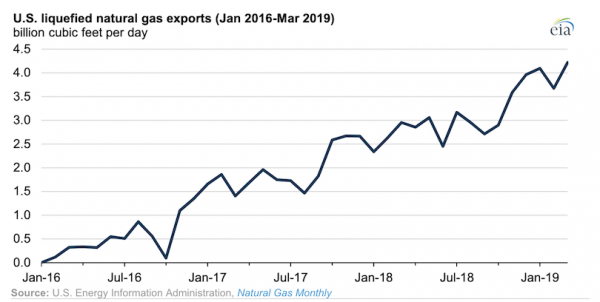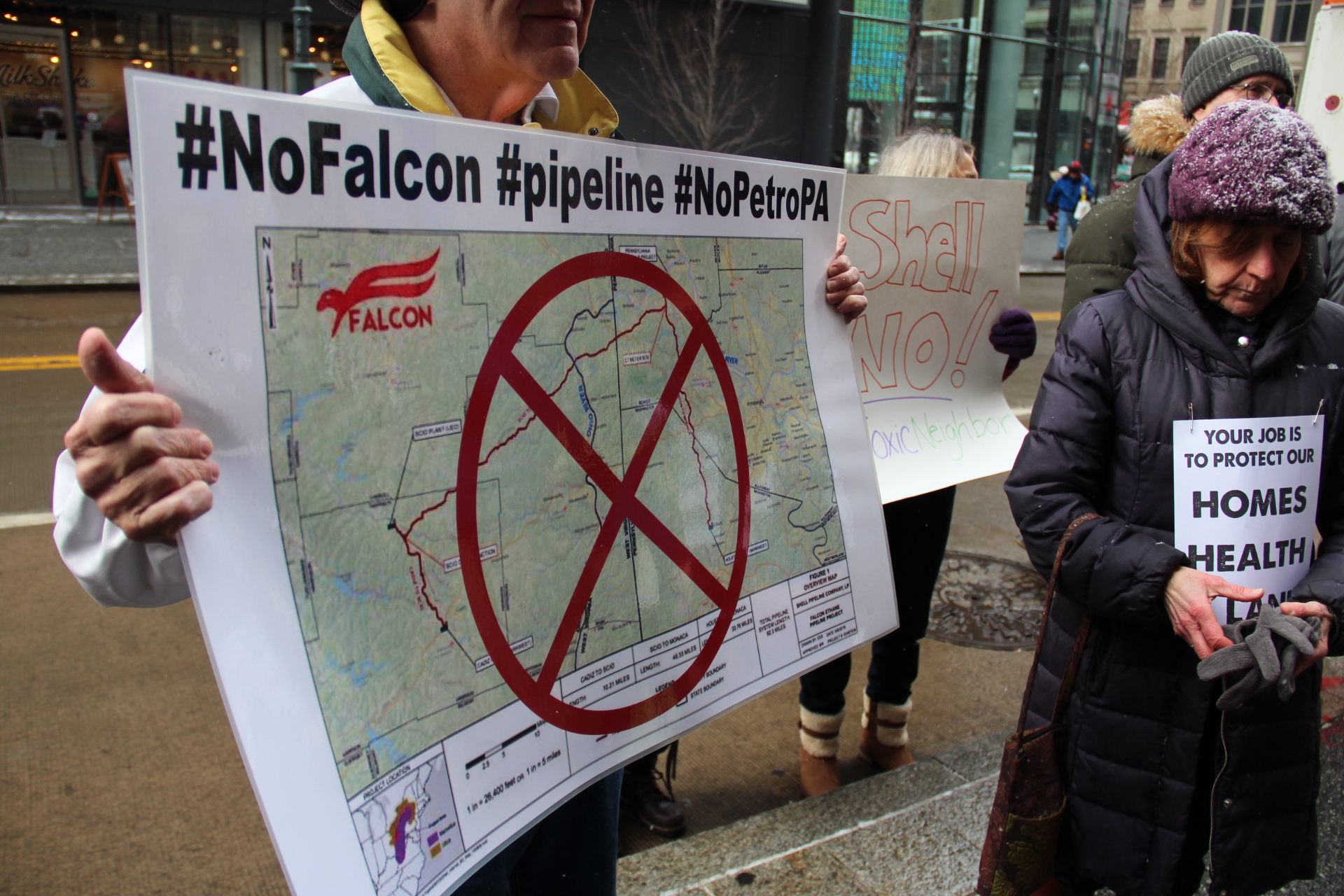

While it's clear the proposed rail safety measure is a stronger, more sensible approach than the Obama administration's weaker standard, even the administration's feeble rule was too much for Big Oil. The bill also mandates more safety inspections of rail carriers and oil producers, heftier penalties for noncompliance and improved spill response plans, and requires that state and local authorities be notified before oil trains move through their communities. In addition, it immediately halts the transport of oil in any rail car that hasn't been reinforced - a big difference from the DOT rule, which allows a grace period of up to five years for older, unsafe rail cars to continue to transport oil. It requires rail cars to be protected by steel shells that are more puncture-resistant as well as thermal jackets that increase fire resistance. The proposed legislation sets a federal safety standard for the more volatile tar sands and shale crude oil.
Fracked oil train car free#
Dennis Rodman says he's going to Russia this week to help free Brittney Griner.Austin State University considers joining a university system New Buc-ee's will break ground in Missouri Tuesday.Report: Biden to announce $10K in student loan forgiveness for many, payment pause.10 standout Vietnamese restaurants in Houston to visit right now.NASA captures eerie sounds emitted from black hole 250 lightyears away.The Crude-by-Rail Safety Act addresses all four, while the DOT's rule falls short on all of them. Four elements are necessary to address the crude rail crisis: safer cars, safer crude compositions, more secure operations and more inspections. 859), which aggressively fills in the DOT's regulatory gaps. That could change with the passage of the federal Crude-by-Rail Safety Act (S. It also allows oil to be carried in unsafe, accident-prone train cars for another five years before those cars must be replaced, and it fails to require advance notice to communities about the movement of oil trains through their neighborhoods.

The DOT's rule fails to establish a federal volatility standard to ensure that transported oil is safe.

But one wouldn't know that by reading the DOT's recent rule that attempts to address the oil-trains crisis. The reason for Big Oil's discreet settlement is the tacit acknowledgement that fracked oil's greater volatility increases the danger of transporting oil by rail, by turning otherwise benign derailments into devastating firebombs. These types of disasters are exactly why more than four out of five voters in both parties support stronger standards and safeguards. has averaged about 130 oil train incidents per year. In that tragedy, a train loaded with 72 cars of volatile oil from North Dakota's Bakken derailed in the Canadian province of Quebec, killing 47 people in the fiery aftermath. Over the past several months, oil companies - including Shell, Marathon and ConocoPhillips - have quietly deposited tens of millions of dollars into a $345 million fund for victims of the 2013 Lac-Mégantic rail disaster.


 0 kommentar(er)
0 kommentar(er)
